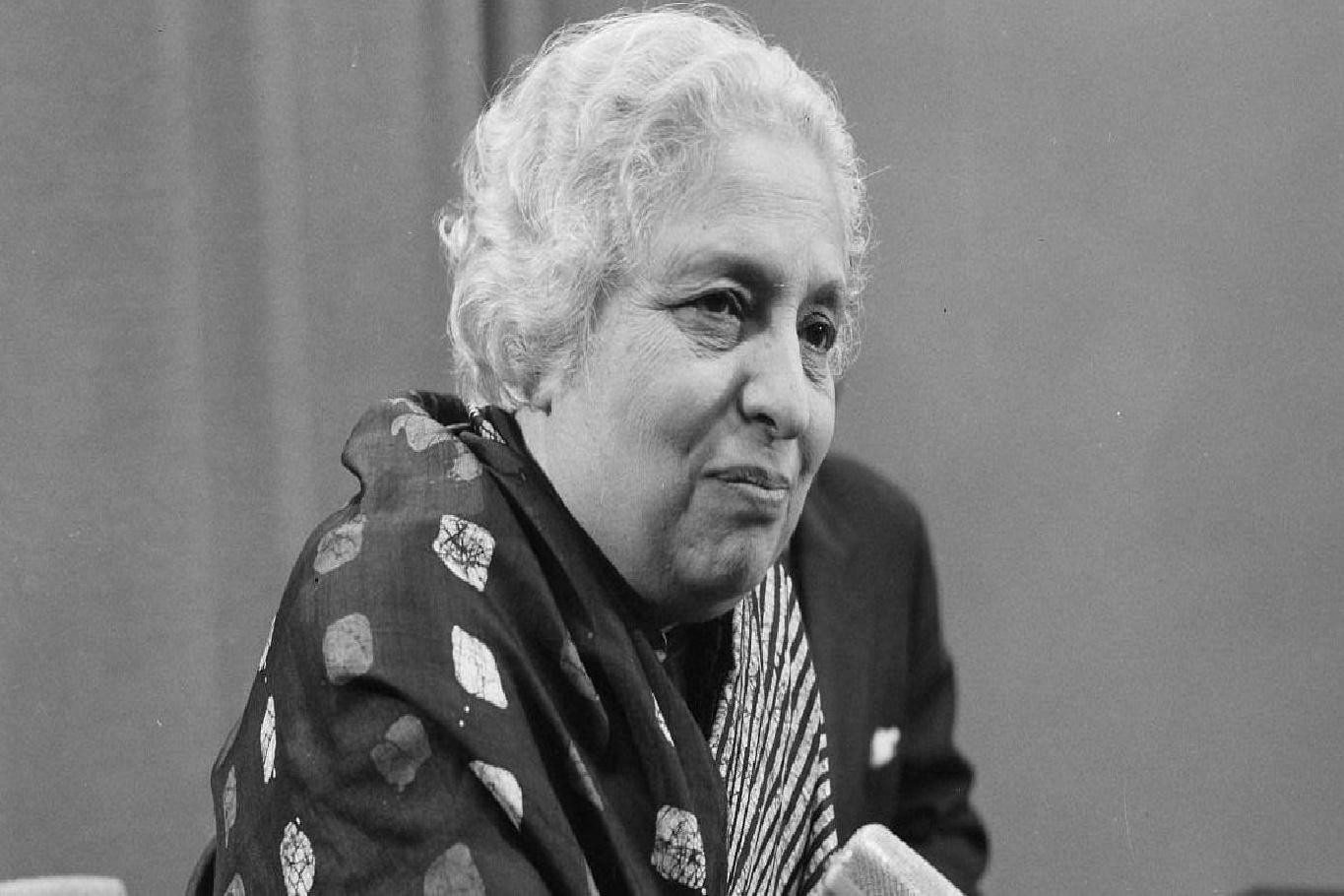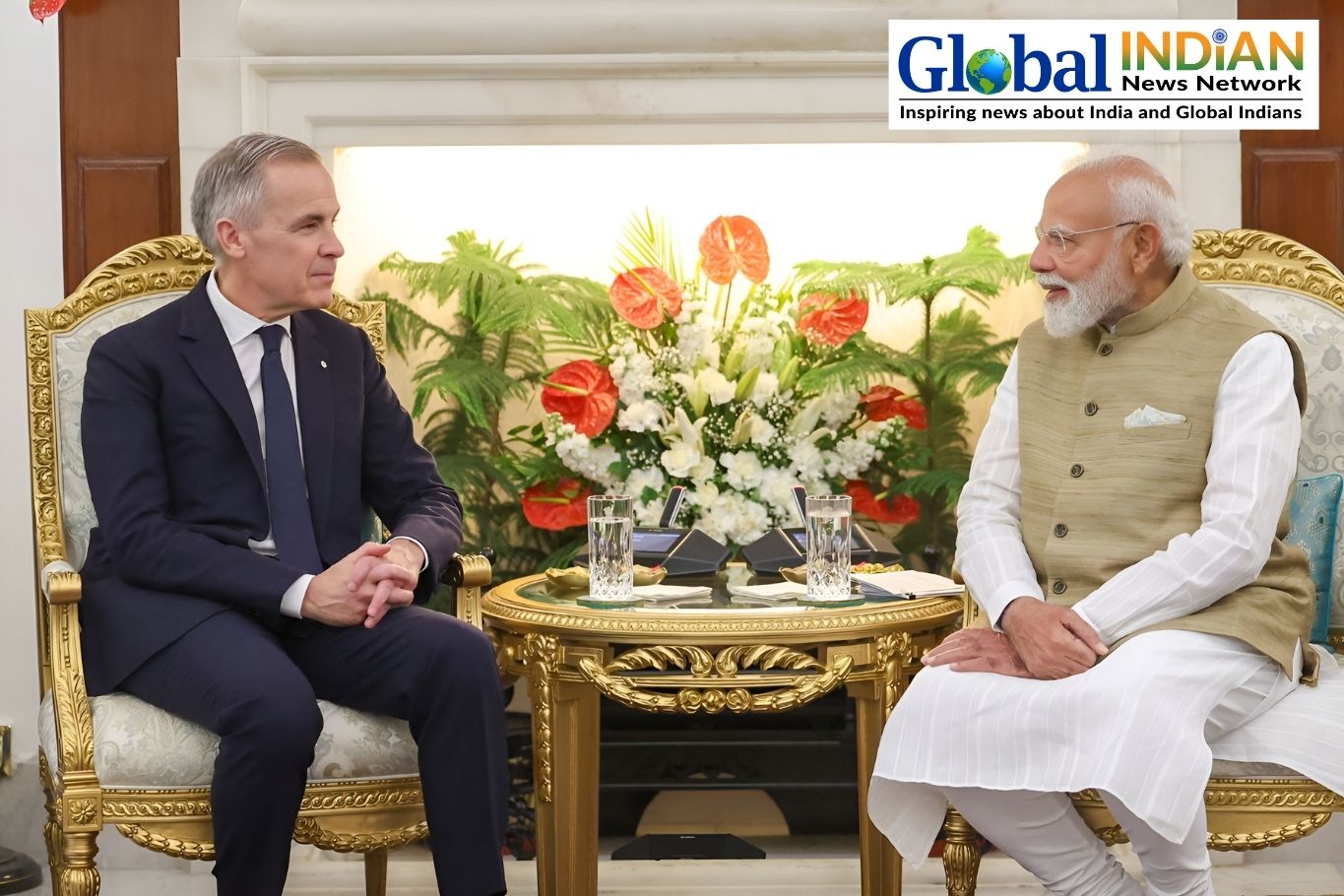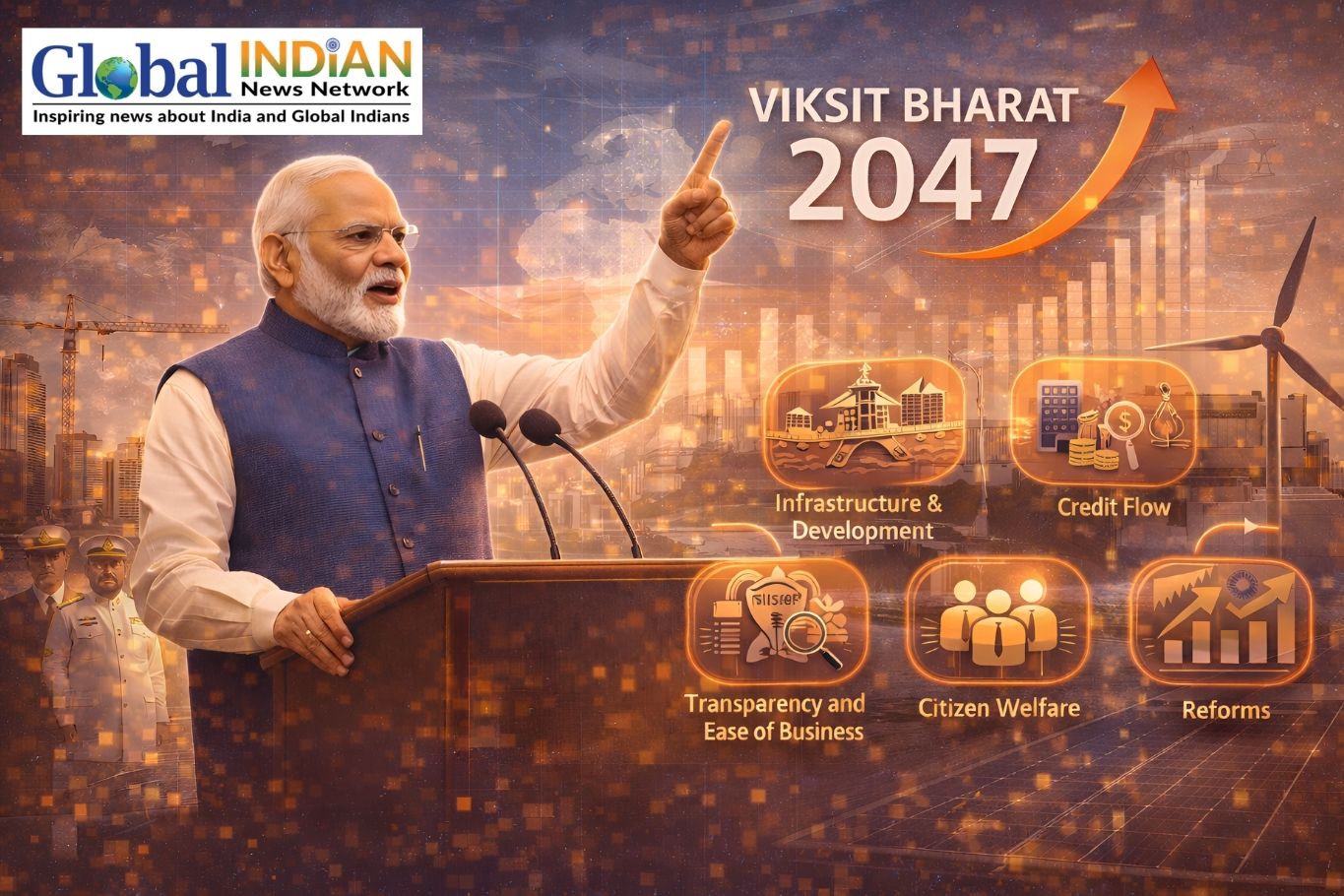
Vijaya Lakshmi Pandit was a woman of remarkable talents, born into one of India’s most prominent political families. Despite the considerable advantages her lineage afforded her, there were inevitable challenges associated with such prominence. Her familial ties, particularly being the sister of Jawaharlal Nehru and the daughter of Motilal Nehru, may have hindered her political ambitions, as evidenced by her potential presidency bid in 1977.
Originally named Swarup Kumari Nehru, she embraced the name Vijaya Lakshmi upon her marriage to Ranjit Pandit, following traditional customs prevalent in Hindu families at the time. Engaged in the freedom struggle, she endured imprisonment alongside her sister Krishna, experiencing the hardships of activism firsthand.
Vijaya Lakshmi’s political career flourished as she was elected twice to the United Provinces Legislative Assembly, becoming India’s first female cabinet minister before Independence. Her contributions extended to the international stage, leading Indian delegations to the United Nations and serving as the country’s ambassador to both the Soviet Union and the United States.
During her tenure as India’s representative to the UN, she made history by becoming the first woman to preside over the United Nations General Assembly. Her diplomatic finesse and impartiality garnered widespread acclaim, as evidenced by the tributes from global leaders and dignitaries.
Following her diplomatic service, she assumed the role of India’s high commissioner to the United Kingdom, a prestigious post in the country’s diplomatic corps. Despite her achievements, her political journey faced challenges, including strained relations with Prime Ministers Shastri and later Indira Gandhi.
Retiring from politics during the Emergency in 1975, she settled in Dehradun. Her potential candidacy for the presidency in 1977 sparked debates within the Janata Party, with her familial ties to Nehru proving divisive. Ultimately, Neelam Sanjiva Reddy was chosen, prompting reflections on whether Vijaya Lakshmi would have been a more suitable candidate, a sentiment echoed by many intellectuals.










